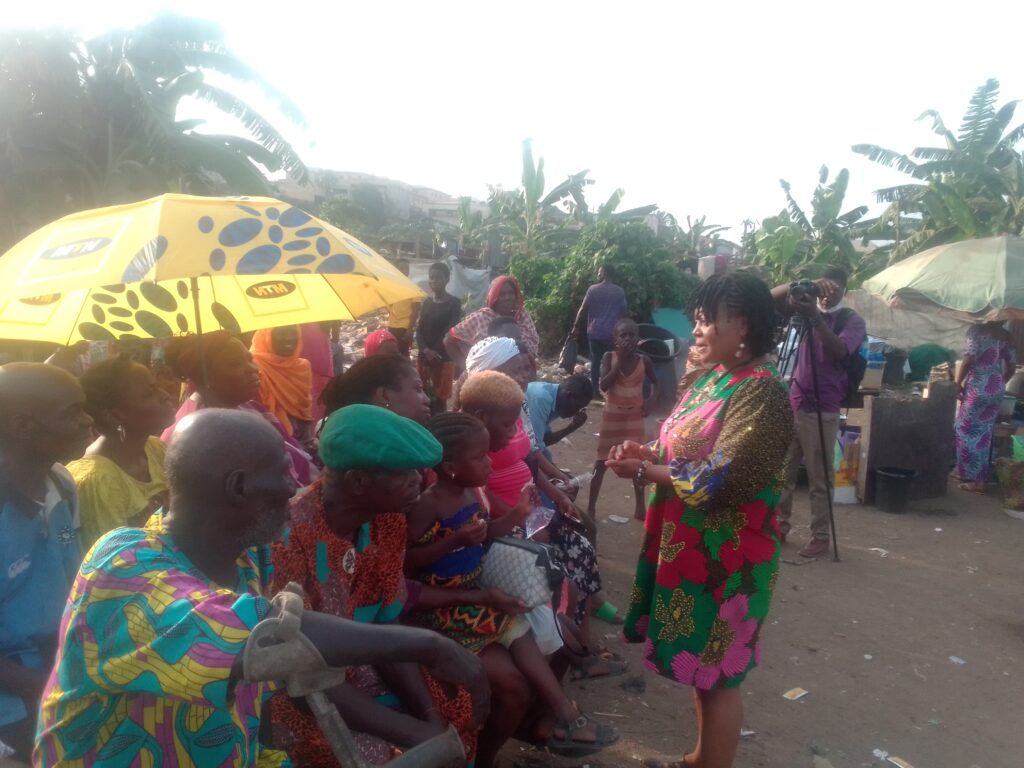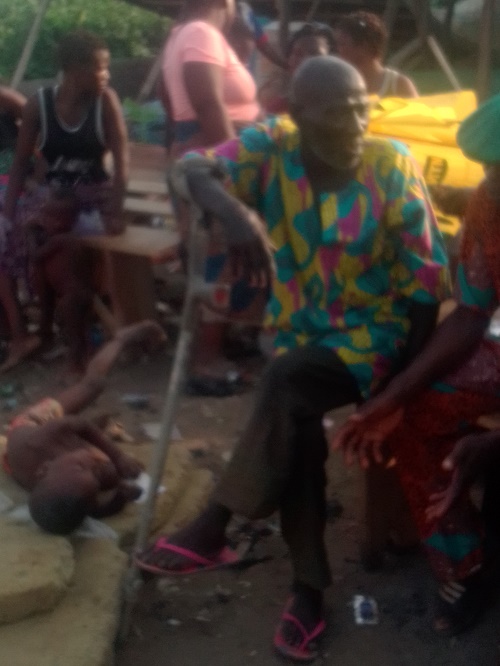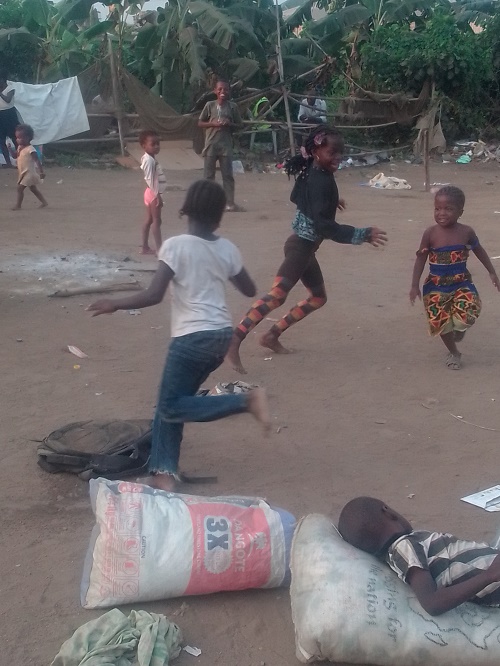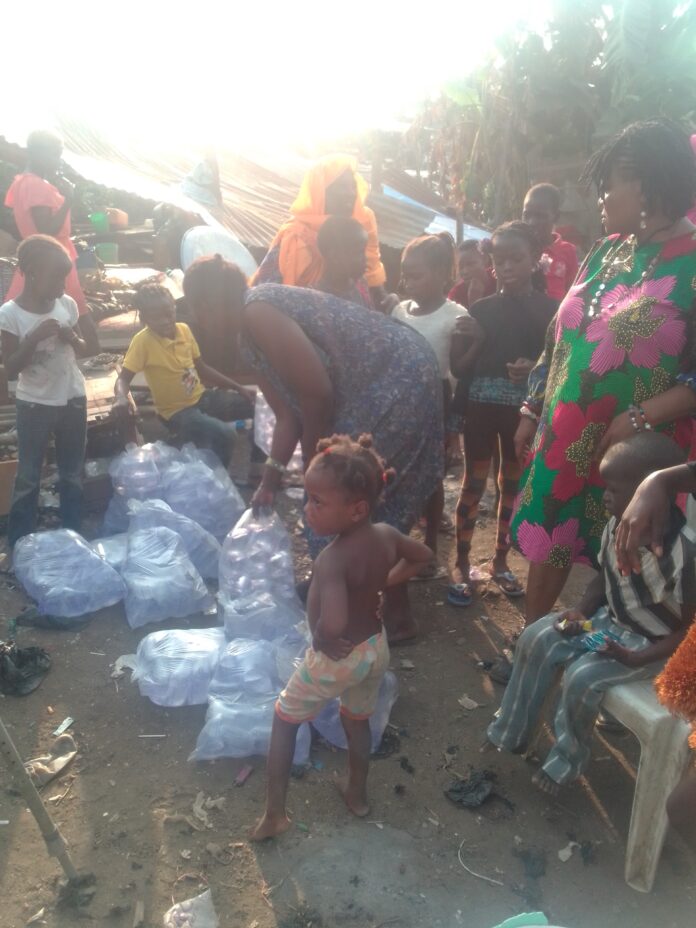By Ishaya Ibrahim, News Editor

The name of the community – Monkey Village – sounds rather strange. But not many people, if any at all outside the residents, knew about it, though it shares boundaries with affluent suburbs.
Again, that is another contradiction. Monkey Village, a Lagos slum is in the same neighbourhood with Opebi, the posh Ikeja suburb that is a haven for the rich.
While Opebi is well known, little or nothing is known about the village, not even to people doing business on Allen Avenue.
But all that changed on December 31 when bulldozers owned by Lagos State government reduced the shanty to rubbles. Another oxymoron – Monkey Village became famous and known because it is no more.
Now, residents of Monkey Village live at the mercy of the elements five days after losing their homes in the demolition carried out by the state government.
The demolition team gave no notice to the residents before descending on them with the bulldozers. Many who had left their homes for the day’s business only received distress calls that bulldozers had arrived to level up the place. Some of them, who were not at home, lost everything because no one was available to retrieve their belongings.

An aged member of the community, Jida Abdulrahman, was fast asleep when the bulldozers arrived, and was almost buried alive if not that the vibrations of his building jolted him from his slumber. He escaped with the clothes on his body as his only prized possession.
He told TheNiche that his food supplies and other stuff were crushed by the bulldozers whose operators he said appeared to be excited crushing everything within site.
A borehole provided by a non-governmental organization, CEE-HOPE, to the community to meet their water needs, was also crushed by the rampaging bulldozers.
The distraught residents, who said they have no other place to go, simply continued living in the debris, without roof over their heads and in the most unhygienic condition, hoping for the rain not to come.
But on January 4, the fifth night after the demolition, at about 7 pm, the cloud started gathering, and the rain came and drenched the hapless people whose only reason for being in that condition was their poverty.
Essentials like water, something in the past they could take for granted with the borehole provided for them by CEE-HOPE, is now the most difficult thing to come by.

On January 4, CEE-HOPE’s executive director, Betty Abah, took dozens of bags of sachet water to Monkey Village to deliver to the people. The items were received like a life saver. The reason was because the only source of water available for them comes from a stagnant pond infested with many contaminants. And that’s what they use for cooking, laundry, bathing and other necessities. With the drinking water provided for them, their meager resources could be put to other use.
For members of the community who have been rendered roofless and who remain at the mercy of nature – rain, sunshine and even reptiles like snakes, a large number of which can be found in the neighborhood, roof over their head is their primary concern.
At a meeting CEE-HOPE held with members of the community, they pleaded for the government and well-meaning individuals to come to their aid as they neither have any other place to call home nor the means to afford any other accommodation.
A slow response to the humanitarian crisis that is building up in Monkey Village could be dire. And the most vulnerable are the children and the elderly who make up the larger demography in the neighborhood.













